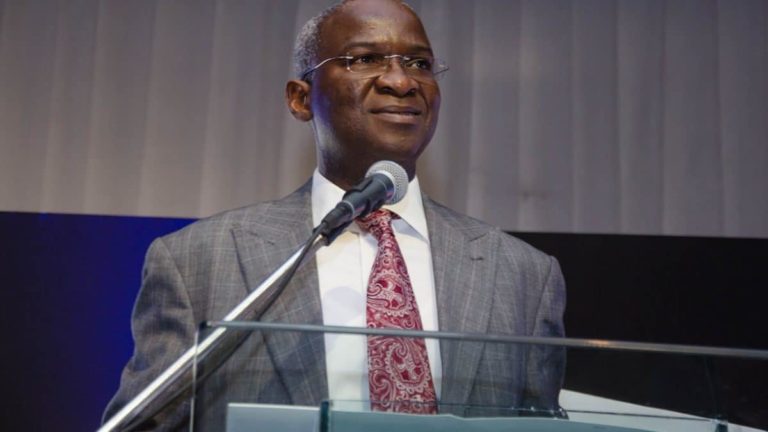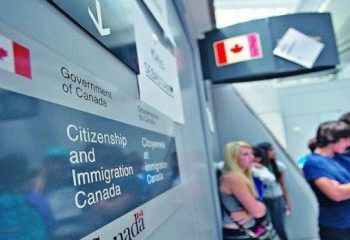Federal Government has revealed that many neighbouring countries asked Nigeria for food during the lockdown occasioned by coronavirus pandemic.
Minister of Works and Housing, Babatunde Fashola, made this known on Saturday during an Instagram Live Chat with City People Magazine.
The minister, who spoke on the COVID-19 Economic Sustainability Plan recently submitted by Vice-President Yemi Osinbajo to the President, Major General Muhammadu Buhari (retd.), said the plan contains diverse measures to fortify the Nigerian economy against any shock brought by the pandemic.
Fashola said, “We are looking at constructing roads with more stones, more cement, more iron rods so that more people will be employed. For example, it will take 14 people to build a kilometre of road. So, if you are doing more kilometres, it will demand more labour and materials, so, these are some of the bolts and nuts of that plan.
“Agriculture is another critical part of the Economic Sustainability Plan. We want to increase the cultivatable lands in the country. We are currently cultivating just about one-third and I stand to be corrected on that figure – the minister of agriculture knows the numbers than I do. But in his presentation, as I recollect it, we are not cultivating enough lands. We want to double cultivation, increase food output, not just for local use but for export.
“I must say to Nigerians that because of the success of the agriculture programme which is still evolving, during this COVID exercise, many countries were writing to us from near and far, asking us to please supply them food. This is not in the public space but President Buhari’s priority was, tell them to wait, we must feed our people first before we send out food, we don’t know when this is going to end.
“So, we want to see more value-added in the sector in terms of processing and cultivation. We are losing an unsatisfactory quantity of our agro produce to many factors – transport, cooling, heating and so on. These are some of the components that the Ministry of Agriculture will share in the next few months about how to ensure that we preserve many more of what we produce and lose less.”



















